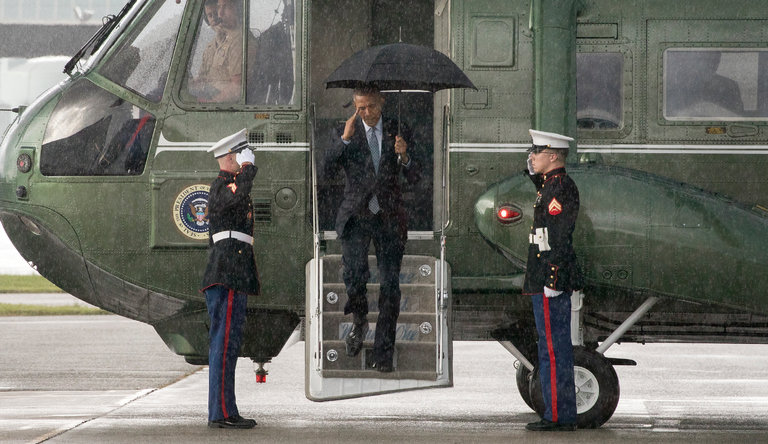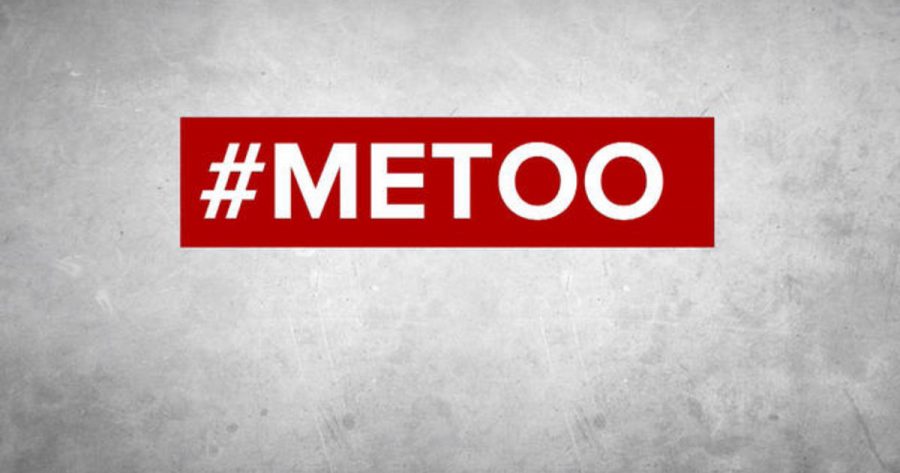By Sophia Simeone
Staff Writer
Just a few weeks after the fifteenth anniversary of September 11, 2001, Congress has passed a bill allowing the families of 9/11 victims to sue the Saudi Arabian government, whom prospective plaintiffs allege were complicit in the attacks.
The vote represents Congress’ first override of a presidential veto since President Obama’s election in 2008. It passed with almost unanimous bipartisan support, far exceeding the necessary two-thirds majority. The lone dissenter was Senate Minority Leader Harry Reid, who said meetings with the White House had convinced him to reverse his original “yes” vote.
The Justice Against Sponsors of Terrorism Act (JASTA) represents a strict departure from the United States’ “sovereign immunity” doctrine, which makes states and sovereign entities immune from prosecution in international criminal court. The Obama administration has strongly opposed the bill on the grounds that it would put American officials and military personnel overseas into legal jeopardy.

“We continue to make a forceful case to members of Congress that overriding the president’s veto means that this country will start pursuing a less forceful approach in dealing with state sponsors of terrorism, and potentially opens up U.S. service members, diplomats, and even companies to spurious lawsuits in kangaroo courts around the world,” said Josh Earnest, the White House Press Secretary.
A mere two days after JASTA passed, a 9/11 survivor filed a suit in the Southern District of New York. A federal judge will weigh claims that Saudi Arabia provided material support to Al Qaeda. “We rejoice in this triumph and look forward to our day in court,” said Terry Strada, national chair of the 9/11 Families & Survivors United for Justice Against Terrorism.
Since its passage, many senators who supported the bill have voiced hesitance, a vague buyers’ remorse. GOP leaders were quick to blame President Obama for a lack of communication. On Thursday, Senate Majority Leader Mitch McConnell said that “nobody had really focused on the potential downside in terms of our international relationships, and I think it was just a ball dropped.” Bob Corker, a Republican senator from Tennessee, criticized the White House for insufficiently communicating the potential consequences of the bill. “There was zero desire to sit down and talk about a way to get to a better outcome. Zero,” Corker told The Associated Press. “To my knowledge, I don’t know of a call from Obama to a single senator over this.”
Critics have questioned whether the vote had more to do with political self-preservation than compassion for survivors. Mr. Earnest called the override “the single most embarrassing thing” Congress has done in decades.
Congress members may hope that public support of 9/11 survivors will boost their political clout. Their record on similar legislation calls that support into question. A recent example is the Zadroga Act, which provides medical care to first responders that sustained chronic illnesses working at ground zero. When the bill was up for reauthorization in September 2015, Congress dragged its feet on the renewal, citing budgetary difficulties. It took extensive lobbying by the first responders themselves and the censure of late-night comedian Jon Stewart for the bill to pass in December 2015.
So what makes JASTA universally popular? In an election year where the battle for control of the Senate is particularly fierce, a vote against the families of 9/11 victims is politically risky. And a bill delegating federal spending, like the Zadroga Act, is perhaps less appealing to Congress than one whose immediate consequences implicate Saudi Arabia.
There is the possibility of repeal. In the meantime, Congress will have to manage JASTA’s impact on the United States’ alliance with Saudi Arabia. The Saudi government is rumored to be considering withdrawing its now-vulnerable assets and investments from the U.S.
“The erosion of sovereign immunity will have a negative impact on all nations, including the U.S.,” said a spokesman from the Saudi Arabian foreign ministry, echoing the warning expressed weeks ago by the White House. A warning that, to the detriment of international security, fell upon deaf ears.












